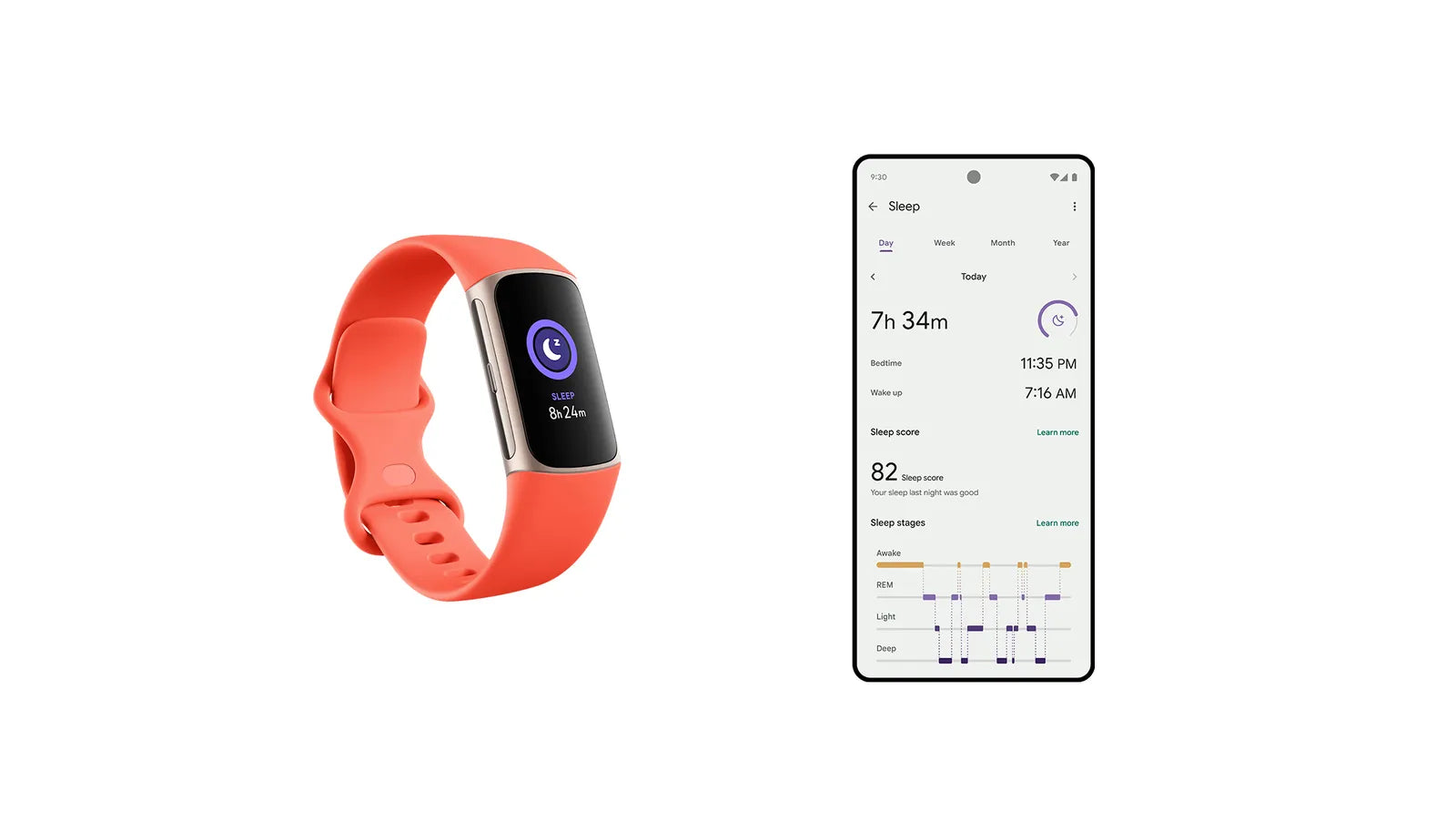We all know a good night’s sleep is important, but when it comes to the daily variations in sleep duration and quality, most people may not realize the impact for long-term health. A new study published in Nature Medicine, based on data from Fitbit users, sheds light on how sleep duration, quality and consistency influence a wide array of health outcomes.
It’s the largest study of its kind to-date, and is a collaboration between researchers at Vanderbilt University Medical Center, the NIH's All of Us Research Program, and Google. This work differs from previous sleep studies which are often limited in size and scope, and rely on self-reported sleep diaries, brief periods with movement monitors, or expensive in-lab sleep studies that cover a short period of time. Instead, the study was based on nearly 6.5 million nights of sleep from over 6,700 Fitbit users participating in the All of Us Research Program collected over an average of 4.5 years of wear.
The research looks at the relationships between sleep and the entire spectrum of human disease rather than focusing on a narrow set of health outcomes. Here are six key findings from the research on how sleep impacts people’s health:
-
Sleep duration: Every additional hour of sleep was associated with a significantly lower odds of having conditions like obesity and sleep apnea. Not just too little but also too much sleep was also found to be associated with various conditions.
-
Sleep stages: The balance of REM, light, and deep sleep shown in Fitbit data seemed to play a crucial role in heart health and mental wellbeing.
-
Restless sleep: Increases in the Fitbit restlessness metric were linked to higher odds of sleep disorders and hypothyroidism.
-
Sleep irregularity: Inconsistent sleep patterns were tied to a wide range of issues involving nearly every organ system. Strong associations with sleep irregularity included high blood pressure, obesity, psychiatric disorders (depression, anxiety, bipolar disorder), and migraine headache.
-
Demographic differences: The study found significant differences in median sleep duration across demographics. For example, women tended to sleep longer than men, and White participants slept longer than Black participants. This highlights the need to consider individual factors and potential health disparities when researching and promoting sleep health.
- Lifestyle role: The study found that lifestyle factors like smoking and alcohol intake were associated with differences in sleep duration. This underscores the interconnectedness of health behaviors and the importance of addressing multiple lifestyle factors for improving sleep and overall well-being.
The study also offered a particularly interesting glimpse into when most people sleep. Participants typically got to sleep around 11:10 pm and got about 6.7 hrs of sleep during their main sleep period for the day. There are even quite a few individuals who tend to sneak in an afternoon nap, at around 2:30.
While this study is not intended to suggest that Fitbit sleep data is a clinical tool, we think some of these insights will show researchers the benefits of using cost-effective sleep monitors and wearables for studying how changes in sleep patterns over time might affect the health of populations at scale.
And the study continues to be a wake up call that consistent sleep is as important as getting enough shut-eye.
| Logan Schneider, M.D. |


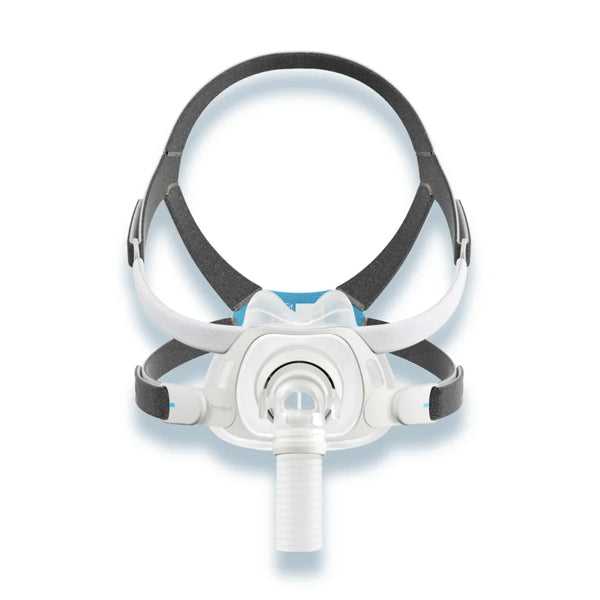
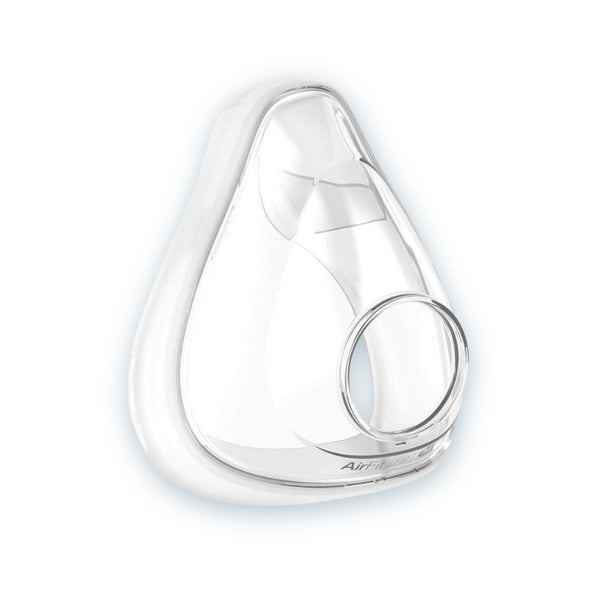




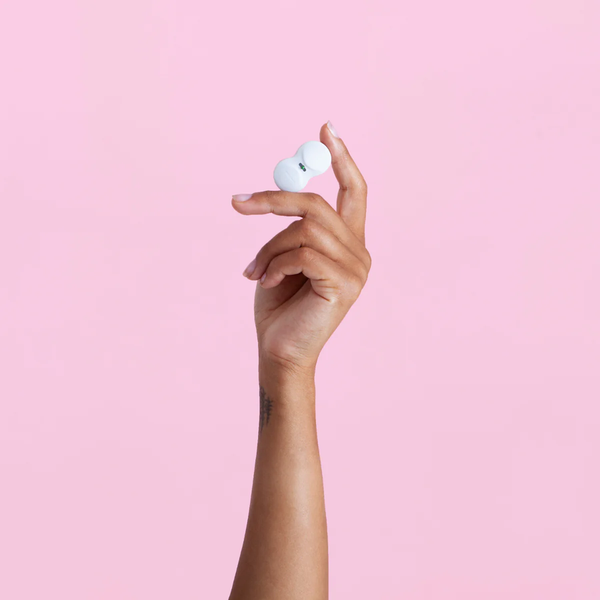

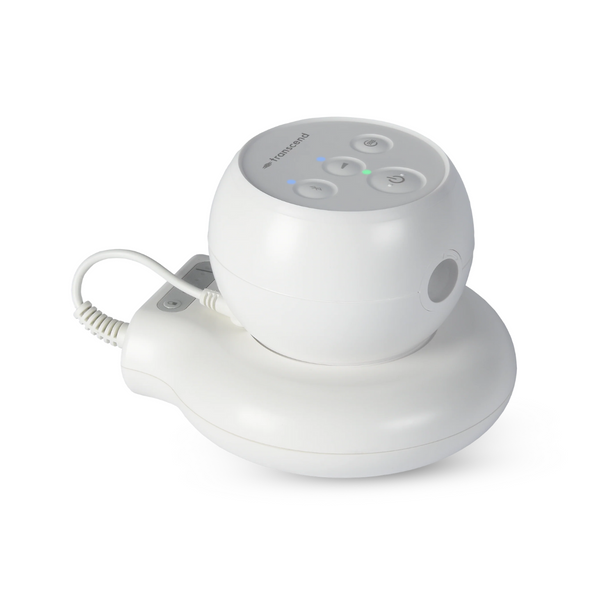

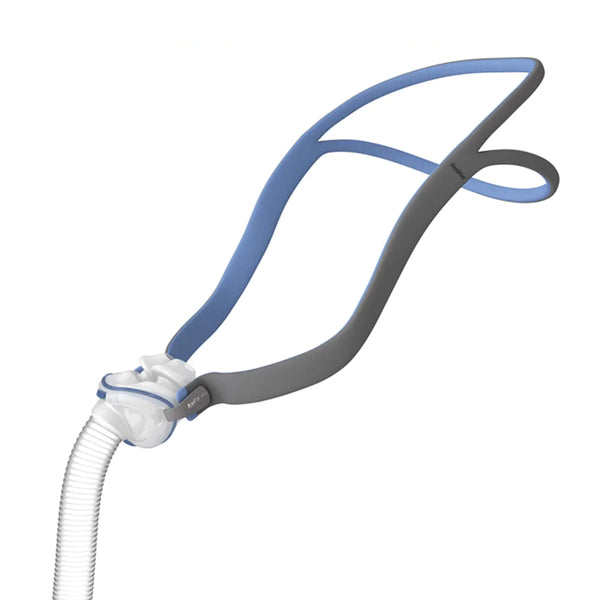
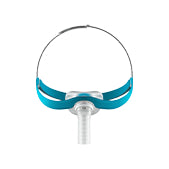





![[subscription]](http://heartstrongsleep.com/cdn/shop/files/Group_30_6a2ee5b7-7d1a-49f1-855d-428a7cb5358f.png?v=1733846466&width=600)










